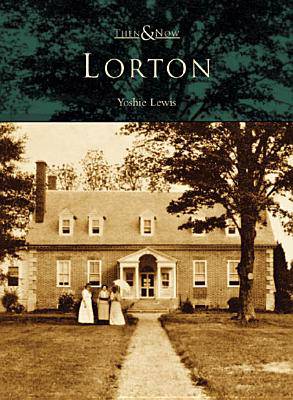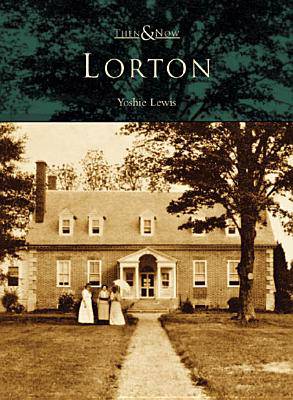
- Afhalen na 1 uur in een winkel met voorraad
- Gratis thuislevering in België vanaf € 30
- Ruim aanbod met 7 miljoen producten
- Afhalen na 1 uur in een winkel met voorraad
- Gratis thuislevering in België vanaf € 30
- Ruim aanbod met 7 miljoen producten
Zoeken
Omschrijving
Just miles from the Washington, D.C. beltway is the small community of Lorton, Virginia. By the time it was formally named Lorton in the late 1800s, the area had already seen much history in the making. At the turn of the century, Theodore Roosevelt scouted out the territory for the makings of a new detention center in answer to the prison problems in the District of Columbia. When the land reverted back to Fairfax County in the late 1900s, the Lorton prison facilities were closed, and the community began a rapid development from a poor rural area to one of high-end
housing. Through the vintage and modern photos in this volume, walk the grounds of our founding fathers. See the home of George Mason, author of the Bill of Rights, and visit Pohick Church, designed by George Washington. Try to hear the laughter and conversation by the fire at the Fairfax Tavern, a favorite stopping place for anyone heading north. Witness the radical change from an agrarian Lorton to the subdivisions of today.
housing. Through the vintage and modern photos in this volume, walk the grounds of our founding fathers. See the home of George Mason, author of the Bill of Rights, and visit Pohick Church, designed by George Washington. Try to hear the laughter and conversation by the fire at the Fairfax Tavern, a favorite stopping place for anyone heading north. Witness the radical change from an agrarian Lorton to the subdivisions of today.
Specificaties
Betrokkenen
- Auteur(s):
- Uitgeverij:
Inhoud
- Aantal bladzijden:
- 96
- Taal:
- Engels
- Reeks:
Eigenschappen
- Productcode (EAN):
- 9780738518404
- Verschijningsdatum:
- 12/10/2005
- Uitvoering:
- Paperback
- Formaat:
- Trade paperback (VS)
- Afmetingen:
- 173 mm x 235 mm
- Gewicht:
- 294 g

Alleen bij Standaard Boekhandel
+ 69 punten op je klantenkaart van Standaard Boekhandel
Beoordelingen
We publiceren alleen reviews die voldoen aan de voorwaarden voor reviews. Bekijk onze voorwaarden voor reviews.







